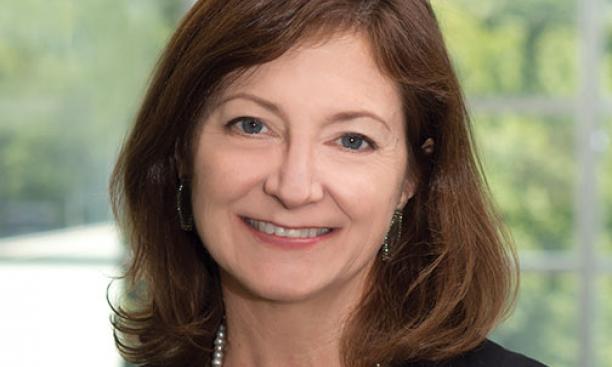

The University is committing funds to support as many as 15 to 20 new hires that diversify the faculty — one of several initiatives announced in response to a September 2013 report by the Trustee Ad Hoc Committee on Diversity. Deborah Prentice, dean of the faculty, said the first hires could take place as early as this coming fall.
The trustee committee called for a “sense of urgency” in efforts to make the University’s faculty, postdoctoral, graduate student, and staff populations more inclusive. “[Princeton] needs to make substantive changes to its culture and structure if it hopes to remain a great American and global university, where the most gifted and promising individuals from every segment of society feel welcome and thrive,” the report said.
University statistics from September 2014 show that 83 percent of tenured faculty are white and 75 percent are men. Among assistant professors, 66 percent are men and 76 percent are white.
Each academic department is planning for the next five and 10 years as part of the University’s strategic-planning process, and ways to increase diversity will be included, Prentice said. Final proposals are due in May.
“Those of us who are trying to promote diversity on this campus are doing so because we believe it will make us better,” she said. “Our research and our teaching will be better if we can get all of the talent of the world instead of just the people who look a certain way or come from a particular school.”
The dean of the faculty’s office will contribute funding that is equivalent to 10 positions to support diversity efforts; since departments normally share in funding new positions, the result could be 15 to 20 new faculty members.
In addition, the Faculty Advisory Committee on Diversity will hold two speaker series during the next academic year. One will offer public lectures to encourage a continuing conversation about diversity on campus. The other will bring in young scholars — mainly graduate students and postdocs — to present their work, which Prentice said will help connect departments with students from schools outside of traditional faculty networks. (The trustee committee found that nearly half of Princeton’s tenured and tenure-track faculty had Ph.D.s from just six institutions: Princeton, Harvard, Stanford, MIT, Yale, and UC-Berkeley.)
These visits may help dispel the “stereotype of Princeton as a privileged, white male place” and encourage the scholars to want to return for teaching positions, Prentice said. “Those who do come here typically find it to be much better” than they expected.
